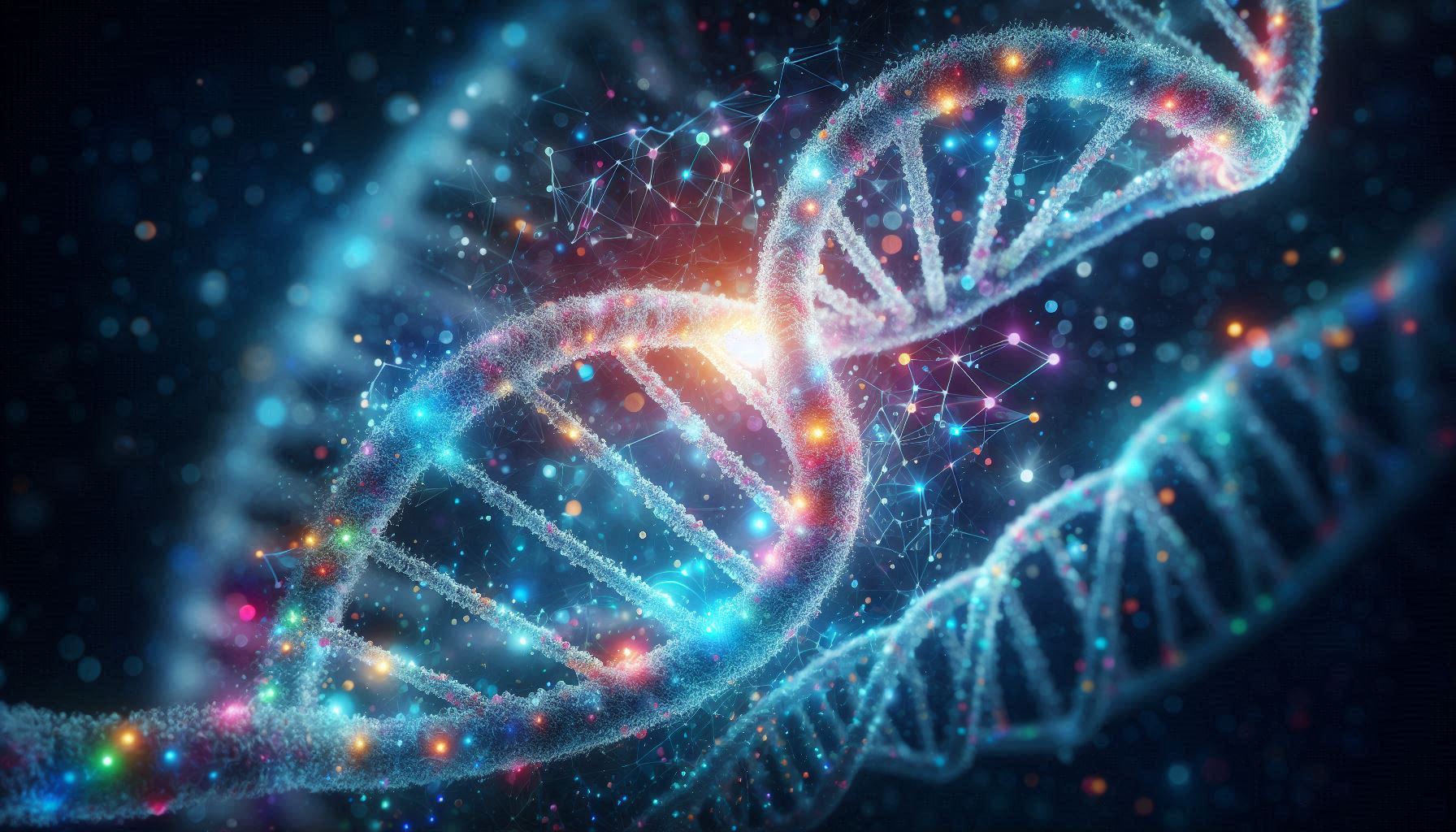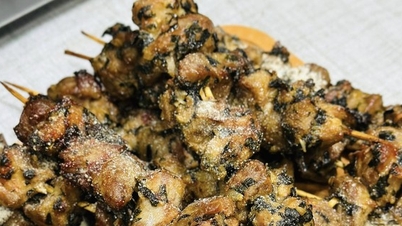Our record of the human genome may still be missing tens of thousands of “dark genes” linked to various diseases.
According to Science Alert, a multinational research team has identified countless "dark genes" hidden in DNA regions that were once considered "junk DNA" because they were thought to be incapable of encoding proteins.
In fact, this elusive genetic material can code for small proteins and is involved in a variety of pathological processes, from cancer to immunity.

Human DNA still has many hidden "dark genes" - Illustration AI: ANH THU
A team of authors led by Dr. Eric Deutsch from the Institute for Systems Biology (USA) found a large repository of small proteins affected by "dark genes" through more than 95,000 experiments.
These include studies using mass spectrometry to study small proteins, as well as catalogs of protein fragments detected by our immune system.
Instead of the familiar long codes that initiate the process of reading DNA instructions to make proteins, these "dark genes" are represented by shorter versions that keep scientists from detecting them.
Despite containing such "non-standard open reading frames" (ncORFs), they are still used as templates to make RNA, and some of these RNAs are then used to make small proteins with only a few amino acids.
Previous studies have shown that cancer cells contain hundreds of similar small proteins.
These new discoveries promise to be a breakthrough in biomedical science, which could pave the way for cancer immunotherapies, including cell therapies and therapeutic vaccines.
In addition, these "dark genes" can also affect many other diseases, and are also a fulcrum for scientists to search for treatments in the future.
Of the thousands of “dark genes” identified by the study, at least a quarter are capable of producing proteins using the aforementioned mechanism. The authors suspect there are tens of thousands more, all of which were missed by previous techniques.
"It's not every day that you open up a new line of research. We could have a whole new class of drugs for patients," neuroscientist John Prensner from the University of Michigan (USA) told Science.
Source: https://giadinh.suckhoedoisong.vn/gien-toi-an-trong-dna-con-nguoi-lan-dau-duoc-tiet-lo-172241129071714398.htm







![[Photo] Cutting hills to make way for people to travel on route 14E that suffered landslides](https://vphoto.vietnam.vn/thumb/1200x675/vietnam/resource/IMAGE/2025/11/08/1762599969318_ndo_br_thiet-ke-chua-co-ten-2025-11-08t154639923-png.webp)



























![[Video] Hue Monuments reopen to welcome visitors](https://vphoto.vietnam.vn/thumb/402x226/vietnam/resource/IMAGE/2025/11/05/1762301089171_dung01-05-43-09still013-jpg.webp)


































































Comment (0)